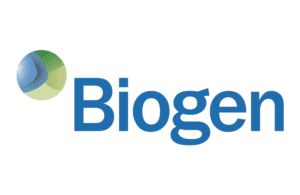 The FDA’s relationship with Biogen is under scrutiny following the controversial approval granted to the company’s Aduhelm Alzheimer’s drug.
The FDA’s relationship with Biogen is under scrutiny following the controversial approval granted to the company’s Aduhelm Alzheimer’s drug.
According to a report from Endpoints News, the House Energy & Commerce and Oversight committee chairs issued a letter this week requesting that acting FDA Commissioner Dr. Janet Woodcock and the FDA provide very specific information by Sept. 16, having told the agency that the information “was helpful, but significant questions remain.”
Last month, the HHS Office of Inspector General said it would review FDA’s accelerated approval pathway following the controversy surrounding the agency’s approval of the Alzheimer’s drug Aduhelm (aducanumab) from Biogen and Eisai. FDA officials went on to defend the use of the accelerated approval pathway in correspondence in NEJM, arguing that amyloid reduction is a “reasonably likely” surrogate.
The committees requested information regarding the body of evidence upon which the FDA relied to come to the “reasonably likely” conclusion and what happened between the agency and Biogen ahead of the granting of the approval, the report said, with the committees noting “reports of unusual coordination between FDA and Biogen” over the course of the approval process. Endpoints said that FDA officials initiated an internal investigation into the collaboration with Biogen, conceding that “not all communication with company officials was memorialized.”
Committee chairs Reps. Frank Pallone (D-New Jersey) and Carolyn Maloney (D-New York) are asking for a list of all formal and informal conversations between the agency and any company representatives. In addition, they want documents and communications related to internal reviews or assessments surrounding the drug’s approval.
Dr. Michael Carome, Director of the Health Research Group at Public Citizen, offered the following comment via email to Drug Discovery & Development.
“The probing questions posed in the letter from Chairman Pallone and Chairwoman Maloney to Dr. Woodcock are appropriately broad in scope and target all of the very troubling aspects of the FDA’s review and approval of aducanumab. We applaud Pallone and Maloney for their pursuit of a serious and robust investigation of the FDA’s reckless decision to approve aducanumab.”
Filed Under: Drug Discovery, Drug Discovery and Development, Neurological Disease





Tell Us What You Think!
You must be logged in to post a comment.